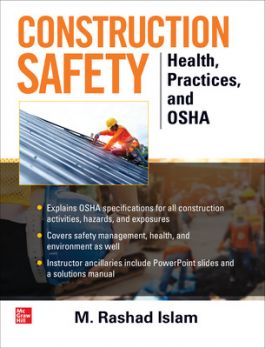Environmental groups are reacting angrily to the EPA’s announcement this week of a proposed regulation that applies to the management of coal combustion residuals (CCR) from electric utilities, while coal-producing states are supporting the job protection they say will result.
If enacted, the regulation would amend a 2015 Obama-era rule establishing a set of solid waste requirements for the management of CCRs, commonly known as coal ash, fly ash, bottom ash, boiler slag, and flue gas desulfurization materials generated from coal-fired electricity utilities, in landfills and impoundments, along with inspection, monitoring, recordkeeping and reporting requirements. The 2015 rule required plants that burn coal to dispose of the fine powder and sludge using wastewater treatment technology in order to prevent about 1.4 billion pounds of coal ash from entering waterways.
Coal ash waste ponds that were leaking contaminants into groundwater would have had to close by April 2019. Under the latest revisions, utilities now have until August 31, 2020, to retrofit or close unlined ash ponds.
EPA Administrator Andrew Wheeler said the actions “were triggered by court rulings and petitions for reconsideration on two 2015 rules that placed heavy burdens on electricity producers across the country.”
In 2018, the D.C. Circuit Court of Appeals overturned certain provisions of EPA’s 2015 final rule and remanded some provisions back to the agency.
Heavy metals
Mary Anne Hitt, Senior Director of Sierra Club’s Beyond Coal campaign, accused Wheeler of “flagrantly favoring his former employers in the coal industry over the well-being of thousands of communities and millions of people across our country. Coal ash is a dangerous, toxic substance that can cause children to have significant developmental issues and contaminate entire ecosystems with harmful heavy metals. Yet, it is clear today that Wheeler and the coal industry don’t care — and they will continue doing everything they can to codify their bizarre idea that they have a right to pollute more than anyone else has a right to clean water.”
Wheeler is a former coal industry lobbyist.
Earthjustice, a nonprofit public interest environmental law organization, said the EPA’s proposed rules would drastically weaken public health and safety protections from pollution produced by coal-fired power plants.
Increased cancer risk
According to Physicians for Social Responsibility, the EPA has found that living next to a coal ash disposal site can increase the risk of cancer or other diseases. People who live near an unlined wet ash pond (surface impoundment) and get their drinking water from a well, may have as much as a 1 in 50 chance of getting cancer from drinking arsenic-contaminated water. If eaten, drunk or inhaled, these toxicants can cause cancer and nervous system impacts such as cognitive deficits, developmental delays and behavioral problems. They can also cause heart damage, lung disease, respiratory distress, kidney disease.
Protecting coal jobs
West Virginia Attorney General Patrick Morrisey applauded the EPA’s efforts to protect coal mining jobs in his state. "The proposed regulations will improve the regulatory burden on the coal industry and lower the cost of electricity for West Virginians,” said Morrisey.
Kentucky Energy and Environment Cabinet Secretary Charles Snavely said he “supports the EPA’s efforts to develop guidelines that enable states to develop a workable regulatory framework for coal combustion residuals and effluent guidelines while still protecting the environment.”
The EPA also announced plans to revise a portion of the regulations (known as effluent guidelines) affecting wastewater management from steam electric power plants. Additionally, the agency says it intends to enact revisions to regulations addressing coal ash management and disposal that will address matters raised in litigation, legislation, petitions for reconsideration, and rule implementation.








.jpg?t=1721257160)
